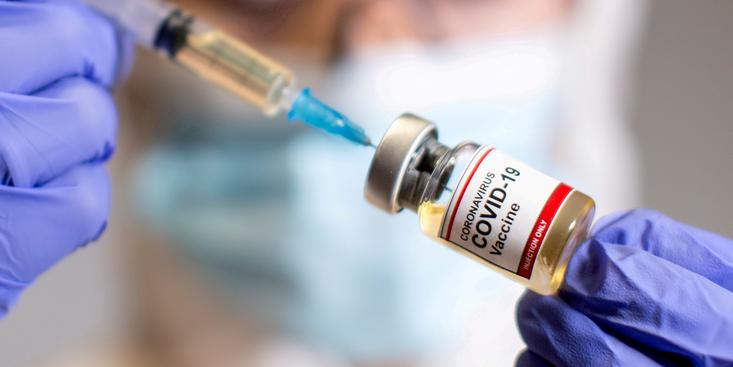“Reluctance to the Covid vaccine is socially constructed”
Like all epidemics, Covid has a strong social dimension. The risk of being exposed to the virus, the consequences of the epidemic on living conditions are not the same according to place of residence, housing, employment situation, professional status, financial situation, gender , ethno-racial origin... Social inequalities are also significant in terms of prevention, and in particular vaccination.
In Seine-Saint-Denis, the vaccination rate was 22% at the end of June against 33% for the national average. This is not only due to age: for those over 75, the vaccination rate is 68% in this department against 76% nationally. Vaccination rates are also not the same according to professional categories. Among caregivers, the vaccination rates of caregivers and nurses are therefore lower than those of doctors.
At the end of May, 40% of nursing assistants had received two doses of vaccine, compared to 47% of nurses and 65% of doctors. At the end of June, 47% of professionals in Ehpad or USLD (long-term care unit) are fully vaccinated, compared to 73% of liberal health professionals. In this context – slowdown in vaccination, progression of the delta variant, which is more contagious, and anticipation of a fourth wave at the start of the school year, or even before – the government plans to impose a vaccination obligation on caregivers. This option is supported by some health professionals, while others denounce “a bad fight”.

To shed light on these questions, we asked the sociologist Nathalie Bajos. Director of research at Inserm (the National Institute of Health and Medical Research), she leads with Josiane Warszawski, medical epidemiologist, the EpiCov survey ("Epidemiology and living conditions") which documents social inequalities in time of Covid, following a cohort of 135,000 people. After the publication of the first results on inequalities linked to exposure to the virus and the effects of confinement on living conditions, Nathalie Bajos is currently working with Alexis Spire, sociologist at the CNRS, on vaccine inequalities.
Social inequalities in the face of Covid concern living conditions, but also access to prevention, to the vaccine in particular. What can we say about it?
Nathalie Bajos: Social inequalities in vaccination practices cover two dimensions: attitudes towards vaccines – hostility, trust, doubt – and effective access to vaccines. As part of the EpiCov survey, we are currently working on these two questions. We now have results for the first point, attitudes towards the Covid vaccine, and are in the process of exploiting the data for the second aspect, inequalities in effective access to the vaccine. A precision: the first results come from interviews carried out last November, at a time when the vaccines were not yet available.
Is there a particularity in attitudes towards the Covid vaccine compared to vaccination in general?
NB: We were indeed interested in the attitude towards the vaccine against Covid by trying to find out if there was a specificity in relation to the attitudes of the French population towards vaccines in general. The defiance...
Eudaemonism: all about this philosophy of happiness
GO
How Danielle Collins became a champion again despite having endometriosis
GO
Seven cases of COVID-19 are added to the regional balance sheet of Gaspésie
GO
Effects of palm oil on health: what are the dangers?
GO